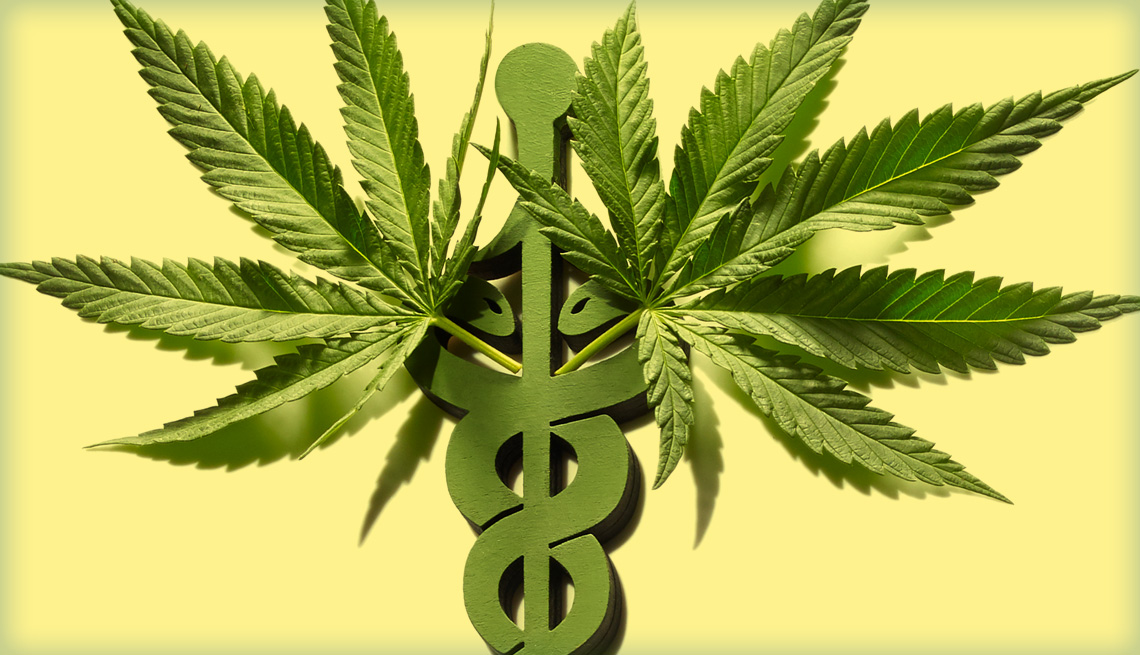Actions to Secure Your Medical Cannabis Card for Optimum Health Perks
Actions to Secure Your Medical Cannabis Card for Optimum Health Perks
Blog Article
Shedding Light on What Medical Marijuana Can Cure: an Extensive Analysis of Its Restorative Characteristics
In recent years, there has been an expanding rate of interest in the restorative capacity of clinical cannabis. While anecdotal proof abounds, a comprehensive evaluation of the clinical information concerning the efficiency of medical cannabis in dealing with these problems is warranted.
Persistent Pain Administration
Persistent pain monitoring remains an important facet of healthcare, demanding a detailed approach for effective therapy. In recent times, medical cannabis has actually become a possible therapeutic alternative for individuals experiencing chronic discomfort problems. The endocannabinoid system, which plays an essential function in pain modulation, has been targeted by cannabis-based therapies to improve and alleviate signs high quality of life for individuals.
Additionally, clinical cannabis offers a promising choice for individuals who experience intolerable negative effects from conventional discomfort medications. Its ability to resolve pain with a different device makes it a useful addition to the toolbox of treatments offered for chronic pain monitoring.
Epilepsy Treatment Prospective
Clinical marijuana has actually shown encouraging potential in the therapy of epilepsy, using a novel restorative technique for taking care of seizures in people. Epilepsy is a neurological disorder characterized by recurring seizures, influencing people of all ages. Traditional treatments for epilepsy include antiepileptic drugs, however these drugs may not work for all people and can have substantial side results.
Research study on making use of medical cannabis for epilepsy has disclosed encouraging outcomes. Cannabidiol (CBD), a non-psychoactive substance located in marijuana, has been especially highlighted for its anticonvulsant homes. Studies have actually revealed that CBD can lower the regularity and seriousness of seizures in individuals with treatment-resistant forms of epilepsy, such as Dravet disorder and Lennox-Gastaut disorder.
Moreover, the FDA has actually approved a CBD-based medication, Epidiolex, for the therapy of seizures related to these extreme types of epilepsy. This landmark emphasizes the expanding acknowledgment of clinical marijuana as an important restorative option for managing epilepsy and provides wish for clients who have actually not reacted well to conventional therapies.
Queasiness Relief Benefits
The relief of nausea via the usage of cannabis has actually been significantly recognized for its restorative advantages in numerous clinical conditions. Nausea or vomiting and vomiting are usual symptoms experienced by clients undertaking radiation treatment, those with food poisonings, and people with chronic discomfort problems. Clinical marijuana, with its active compounds such as THC and CBD, has revealed promise in giving relief from nausea.

Furthermore, clinical cannabis supplies a natural alternative for individuals who do not react well to typical anti-nausea medications or that experience extreme side impacts from these medicines. Patients undertaking chemotherapy, specifically, have reported substantial improvements in their lifestyle when using marijuana to take care of nausea. As study in this field proceeds to grow, medical cannabis is significantly being taken into consideration as a valuable option for queasiness relief in various clinical settings.
Anxiousness Decrease Impacts
Studies have actually shown the capacity of cannabis in lowering anxiety signs with its interaction with the endocannabinoid system. The endocannabinoid system plays an essential duty in controling emotions, consisting of anxiety, by maintaining homeostasis in the body. Cannabinoids in cannabis, such as THC and CBD, engage with the endocannabinoid receptors in the mind, especially the CB1 and CB2 receptors, to modulate anxiety-related reactions.

Clients with conditions like generalized stress and anxiety problem (GAD), social anxiousness disorder, and trauma (PTSD) might benefit from the anxiolytic homes of marijuana (Medical Marijuana Doctor Clinton MS). Further research is required to establish optimum dosages, distribution techniques, and long-lasting results on anxiousness management.
Prospective for Inflammation Control
With its recognized anti-inflammatory buildings, marijuana has shown assurance in possibly regulating swelling within the body. Inflammation is the body's natural reaction to injury or infection, yet when it becomes chronic, it can add to various illness such as arthritis, inflammatory bowel illness, and even heart problem. Research suggests that the cannabinoids article found in marijuana, such as THC and CBD, can help control the immune feedback and reduce inflammation.
Studies have revealed that cannabis can interact with the endocannabinoid system, which plays a critical function in controling inflammation. By targeting the cannabinoid receptors, cannabis compounds can modulate the immune feedback, leading to a decrease in inflammation levels. This makes cannabis a prospective prospect for handling inflammatory problems where conventional therapies have actually failed.
Moreover, cannabis-derived products like CBD oil have acquired appeal for their anti-inflammatory residential properties, with several people using them as a natural solution for conditions connected with inflammation. While even more study is required to completely recognize the devices behind cannabis's anti-inflammatory effects, existing searchings for show appealing results for the possible usage of medical marijuana in managing inflammation.
Conclusion
In verdict, clinical cannabis has actually shown encouraging restorative properties in managing chronic discomfort, treating epilepsy, relieving nausea or vomiting, lowering anxiety, and controlling inflammation. Its prospective benefits in various medical conditions highlight the importance of more study and expedition right into its medical use. The proof recommends that clinical cannabis could be a beneficial alternative treatment option for patients seeking alleviation from a series of signs and symptoms and conditions.
In recent years, medical cannabis has actually arised as a potential healing choice for people enduring from chronic discomfort problems.Clinical cannabis has shown encouraging capacity in the therapy of epilepsy, offering an unique therapeutic strategy for taking care of seizures in people. As study in this area proceeds to expand, clinical marijuana is progressively being thought about as an important alternative for queasiness alleviation in various medical setups.
In conclusion, medical marijuana has actually revealed appealing healing buildings in taking care of chronic pain, dealing with epilepsy, alleviating queasiness, decreasing stress and anxiety, and controlling swelling. The proof suggests that clinical marijuana could be a valuable option therapy choice for clients seeking relief from a range of conditions and signs and symptoms.
Report this page